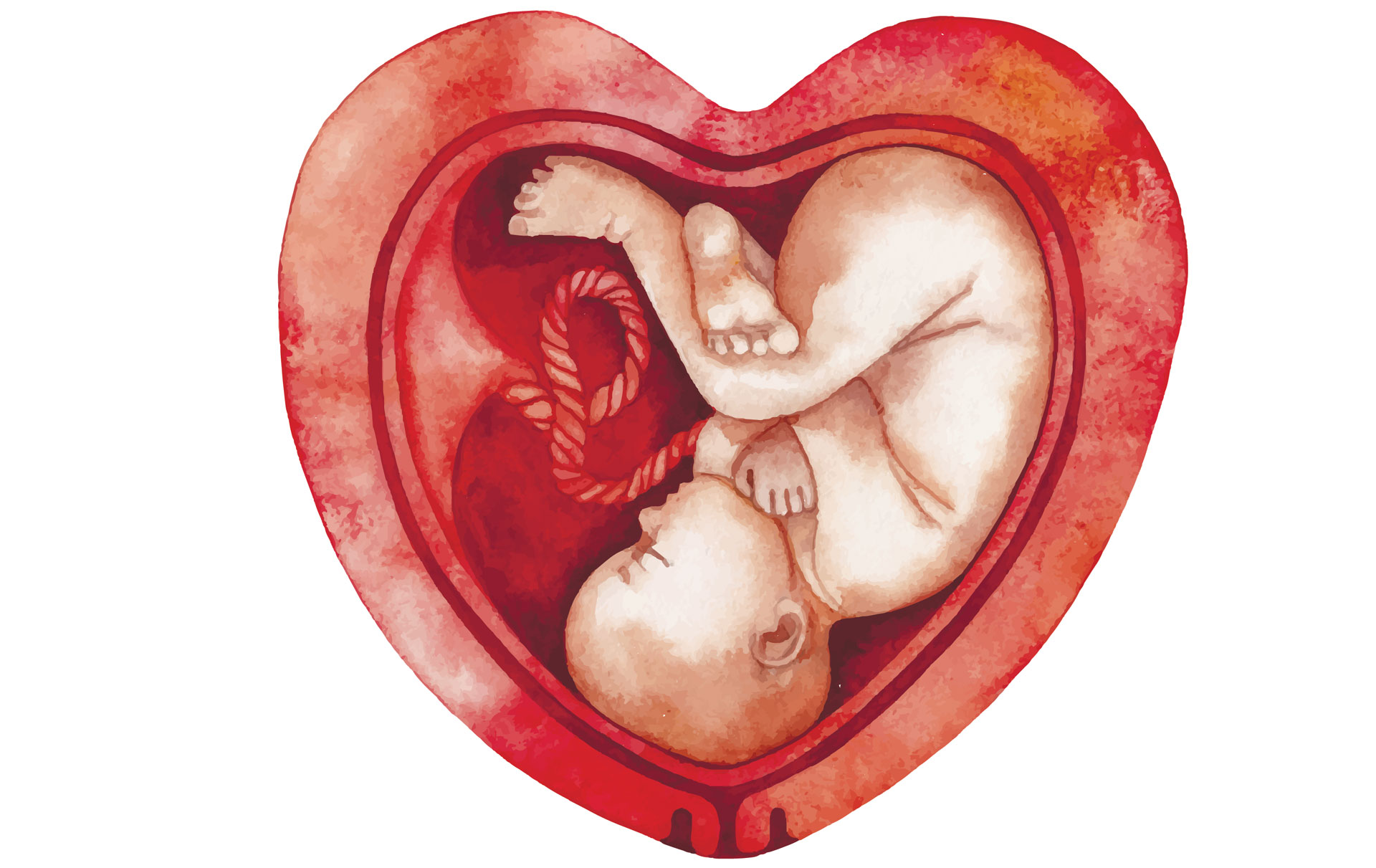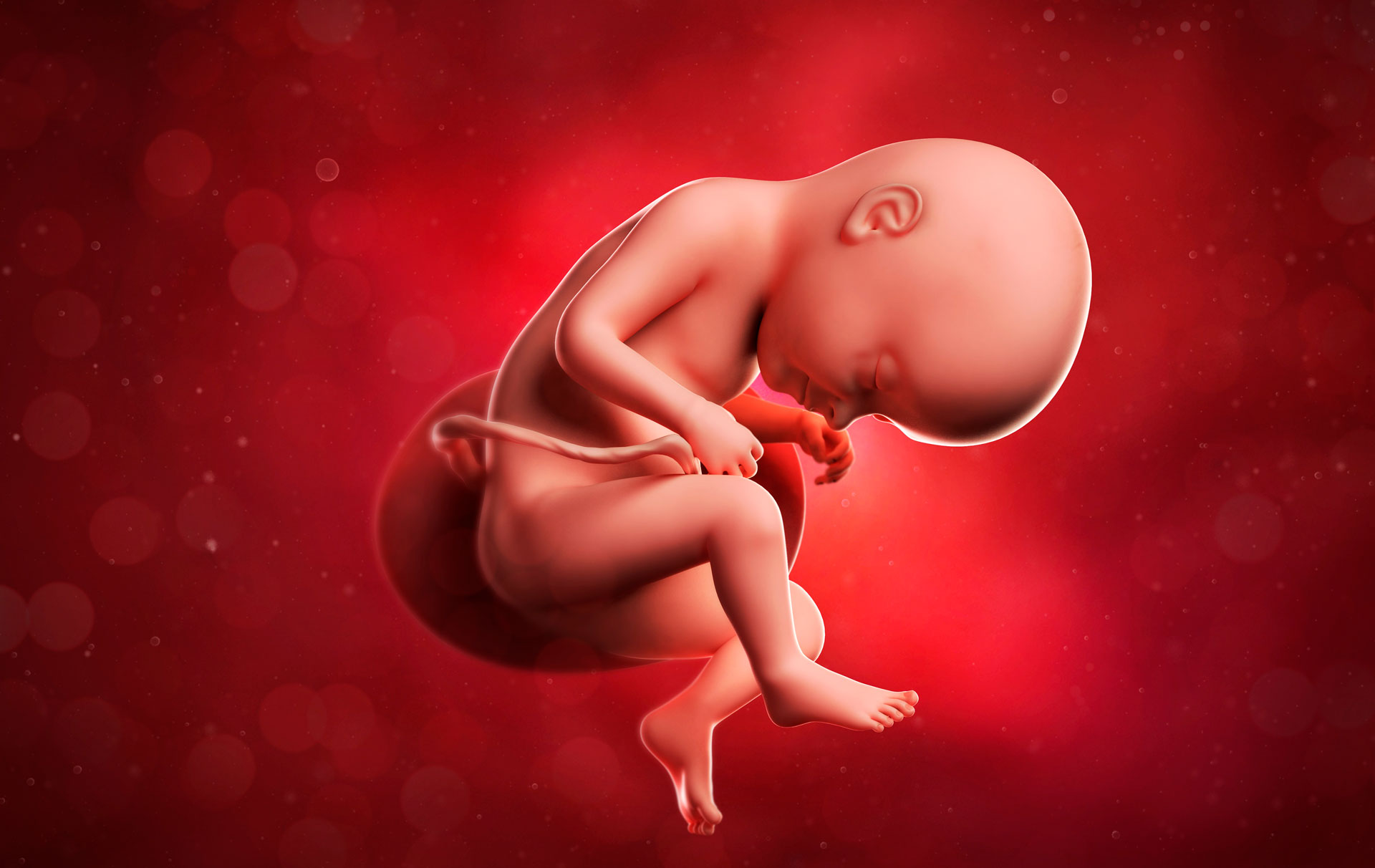Week by week pregnancy guide: 33 weeks pregnant
Everything you need to know about being 33 weeks pregnant

Parenting advice, hot topics, best buys and family finance tips delivered straight to your inbox.
You are now subscribed
Your newsletter sign-up was successful
You're now 33 weeks pregnant but what should you expect? Read week 33 of our week by week pregnancy guide to find out everything you need to know...Learn about your pregnancy week by week in this easy-to-use guide.
As the end of your pregnancy draws nearer it's a good idea to become familiar with what to expect from labour. We've put together this handy guide so you know how your baby is developing, what symptoms are normal at 33 weeks pregnant and what to expect when it comes to the big day...
Symptoms at 33 weeks pregnant
Both you and your partner will now sometimes be able to feel the outline of a small fist or foot jammed into the side of your abdomen. Just think - only a thin layer of skin, muscle and fat is separating you from your baby. Crazy right?!
Your belly will swell more now as the amniotic fluid is at its highest level - it will stay at this level until you give birth.
Fetal development at 33 weeks pregnant
Your baby measures about 42cm and weighs 4lbs. The brain and nervous system are now fully developed. Although the other bones are still hardening, your baby's skull will stay soft and separated to make birth easier.
Your unborn baby can remember sounds heard in the womb. In one famous experiment, the newborns of mums who had regularly watched Aussie soap Neighbours during pregnancy stopped crying and became more alert when the tune was played to them. In comparison, the newborns of mothers who hadn't watched the programme showed no response.

The changes you should make at 33 weeks pregnant
Try and set aside some quiet time twice a day to concentrate on your baby's movements, for counting kicks. There's less room now for him to move about, but you should still be feeling around 10 movements an hour. If, after really focusing on your baby's movements, you haven't felt 10 movements, have a sweet drink or snack and carry on counting. If you do feel that there has been a noticeable reduction or change in your baby's movements then don't wait until the next day. You should always contact your midwife or maternity unit straight away.
Parenting advice, hot topics, best buys and family finance tips delivered straight to your inbox.
Now's also the time Know the signs of labour. For some women the first sign of labour is a 'show'. During pregnancy a sticky mucous plug seals your womb to help prevent infection. Before labour starts the cervix (neck of the womb) begins to thin, which can result in the plug becoming dislodged. (You may notice it in your pants or on the tissue when you go to the toilet.) Although this can happen up to six weeks before labour starts, it more usually occurs when labour is imminent.
For some women the first sign of labour is that their waters break either with a gush or a trickle. Some even hear a pop! Most women (60%) will begin to experience contractions within 24 hours, but if you don't go into labour then you may need to be induced. Without the protective amniotic fluid your baby is at risk of infection. Green or brown staining in your waters indicates that your baby has passed meconium (his first poo) - a sign that he could be in distress. Phone your midwife and go to hospital straight away.
If you are truly in labour then contractions will get closer and stronger in intensity. In the last few weeks of pregnancy many women experience practice contractions known as Braxton Hicks, which are your body's way of gently stretching your uterus for the big day. During Braxton Hicks you'll feel your stomach tighten, but only for a few seconds and it won't be painful. Braxton Hicks don't come regularly and two paracetamol will usually cause them to fade. If they don't, you'll know your baby is well and truly on the way!
Remember to drink plenty of fluids, preferably water. Your unborn baby drinks the amniotic fluid in your womb and then wees it out again. It's replaced every three hours so that's why it's very important to keep your fluids up.
Stephanie has been a journalist since 2008, she is a true dynamo in the world of women's lifestyle and family content. From child development and psychology to delicious recipes, interior inspiration, and fun-packed kids' activities, she covers it all with flair. Whether it's the emotional journey of matrescence, the mental juggling act of being the default parent, or breaking the cycle of parenting patterns, Stephanie knows it inside out backed by her studies in child psychology. Stephanie lives in Kent with her husband and son, Ted. Just keeping on top of school emails/fundraisers/non-uniform days/packed lunches is her second full-time job.